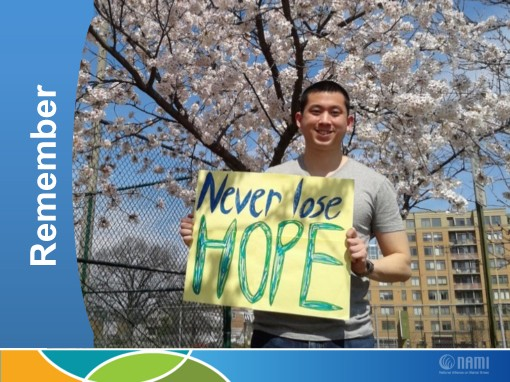The pandemic has affected non-profit, social service agencies in profound ways. Many organizations from the local Rotary to the National Alliance for Mental Illness (NAMI) have depended on face-to-face events for fundraising and advocacy in the past. In addition, education and community services were provided in face-to-face environments. With the extra caution and anxiety during the spread of COVID19, many participants and supporters did not feel comfortable in participating in events. Secondly, the recent racial injustice demonstrations and heightened awareness of long-standing discrimination and gaps in services has caused organizations to be more reflective on meeting the needs of all constituencies.
The leadership of the local Quad Cities chapter of NAMI, the Greater Mississippi Valley Chapter, decided to make structural changes to their delivery system and educate their staff and volunteers on how to use technology more effectively to teach the agency classes. In addition, the leadership committed to become more culturally competent. To accomplish this, the agency contracted with Performance Learning and its expert consultants to address both needs. The staff and volunteers were driven by the agency vision and mission:
Our Vision
- NAMI envisions a world where all people affected by mental illness live healthy, fulfilling lives supported by a community that cares.
Our Mission
- NAMI provides advocacy, education, support, and public awareness so that all individuals and families affected by mental illness can build better lives.
The technology upgrade involved the following steps:
- Identify and integrate audience participation activities within the introductory course that could be easily presented in the Zoom version of the presentation.
- Rewrite the instructor guide to provide for more efficient use of time and easy to follow tech instructions.
- Rehearse the course presentation and integrate instructor feedback.
- Develop a speed survey to measure the participants’ satisfaction with the format.
The cultural competency skill development series included the following steps:
- Administration of the Intercultural Development Inventory to measure the degree of competency of individuals and to measure the overall agency degree of competency.
- Presentations of cultural competency basics and discussion of issues within the Quad Cities region for the leadership and volunteers.
- Individual debriefs of IDI scores and development of improvement plans with organization leaders, employees, and volunteers.
In times of great distress and challenge come many opportunities to improve and thrive. Cultural understanding is a NAMI volunteer and participant opportunity, and The Board of Directors is highly engaged with this issue.
They have embraced the change.






No Comments